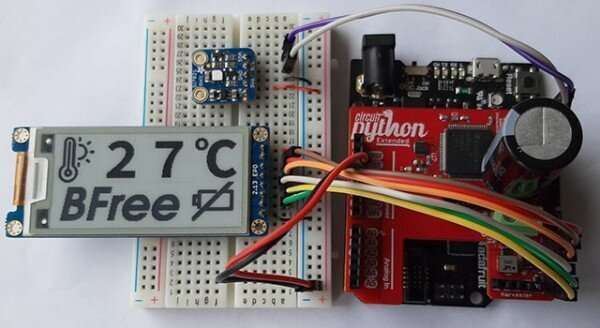Best of Last Week – Glimmers of human history, new solid-state battery, health benefits of exercise in middle age

An international team using genetic analysis to study human history reported glimmers of human history as they tied a gene to growth factors. A shortened version of a variant known as GHRd3 appeared to have helped people survive when resources were scarce. Also, a team with members from the U.K., Denmark, the U.S., Italy and Germany used a time transect of ancient genomic information to learn more about the origin and legacy of the Etruscans. And another international team conducted an analysis of ancient DNA to shed light on a dark event in medieval Spain, when Muslims were forcibly converted to Christianity.
In technology news, a combined team from Northwestern University and Delft University of Technology introduced a new platform that allowed hobbyists and programmers to build their own battery-free electronic devices that run with intermittent harvested energy. Also, a team of Dutch students built what they described as a "self-sustaining house on wheels"—a new take on a solar-powered campervan. And a team of engineers from the University of California, collaborating with a group at LG Energy Solutions, created a new solid-state battery that weaves two types of battery subfields into one new kind of technology. Also, a team at Northwestern University built a winged microchip that is the smallest-ever human-made flying structure. Llooking like a tiny ceiling fan and about the size of a grain of sand, the "microflier" works much like a maple leaf propeller seed.
In other news, a team at the University of Illinois Urbana-Champaign found that antibodies to an original strain of COVID-19 do not bind to variants, which suggests people infected during the first stage of the pandemic are still at risk of full infections by variants. And a team at Harvard University with assistance from the Australian government found that melting of polar ice is shifting Earth itself, not just sea levels.
And finally, if you are worried about your heart health, you may want to check out research done by a team at Texas Health Presbyterian Hospital Dallas—they found that a year of committed exercise in middle age reversed worrisome heart stiffness.
© 2021 Science X Network